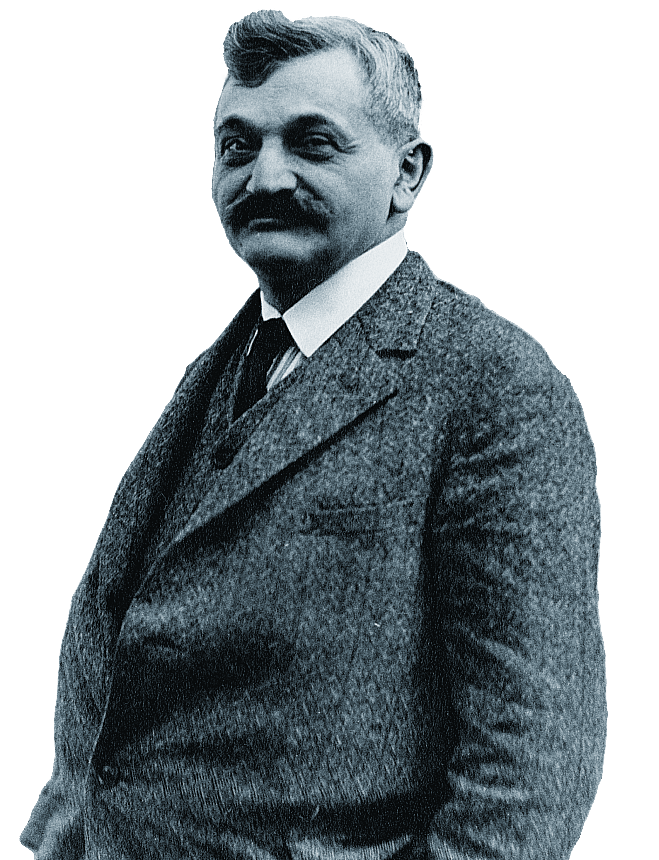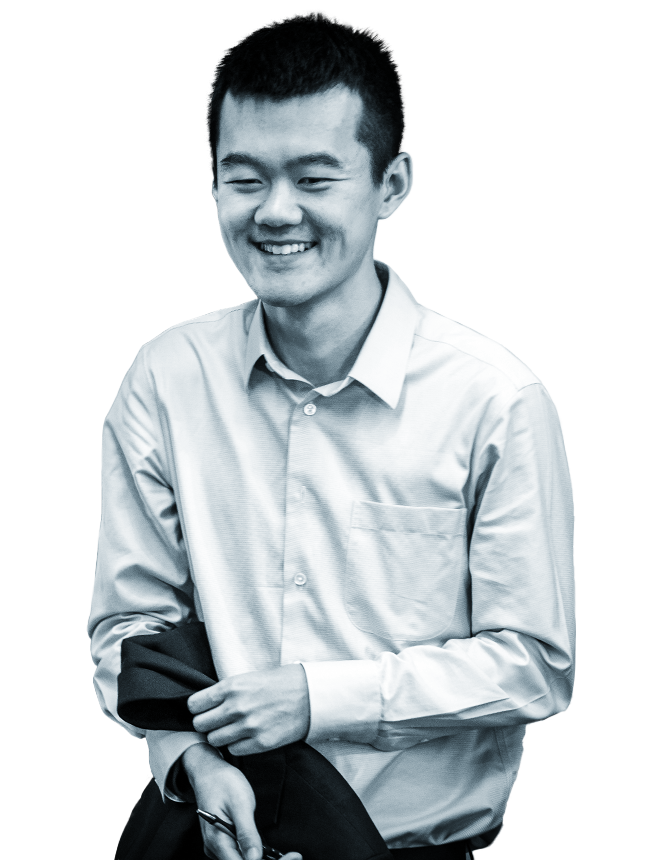Alexander Alekhine
Biography (1892–1946)
Alexander Alekhine held the chess crown from 1927–1935 and 1937–1946, and was the only world champion to die undefeated. Alekhine (1892–1946) came from a wealthy noble family. On the eve of the First World War, he became one of the strongest chess players in the world. He survived the Russian Revolution and Civil War, becoming the first champion of Soviet Russia in 1920. In 1921, he left for Europe to earn the right to play a world championship match with Capablanca.Alekhine demonstrated spectacular, energetic combinational play, won major tournaments, received prizes for the beauty of his games, and set a record in a simultaneous blind game session. In 1927, he achieved a match with Capablanca and won convincingly. Over the next seven years, Alekhine reached the highest peak in chess, winning the strongest tournaments and two world championship matches against E. Bogolyubov.In 1935, he lost the world champion title to Euwe but reclaimed it in a 1937 rematch. The Second World War prevented Alekhine's new chess matches, with S. Flohr, P. Keres, M. Botvinnik, and J. Capablanca as potential candidates. In 1946, an agreement was reached for a match with Botvinnik, but it did not take place due to Alekhine's death.
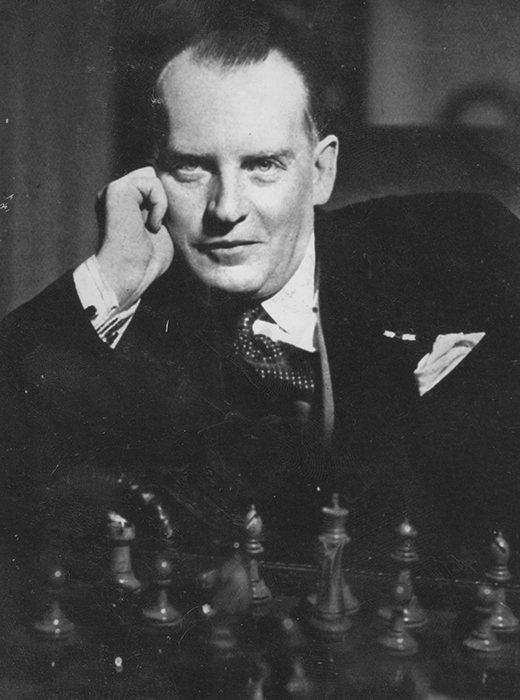
Notable game
This masterpiece game was played in London in 1922
Play like a champion!
Black to move.
Examine this position and decide on your next move. To see the correct answer, click the button below.
Want chess advice?
On Alekhine
Rudolf Spielmann
I can comprehend Alekhine's combinations well enough, but where he gets his attacking chances from and how he infuses such life into the very opening—that is beyond me.
Garry Kasparov
Alexander Alekhine is the first luminary among the others who still have the greatest influence on me. I like his universality, his approach to the game, his chess ideas.
Max Euwe
Alekhine is a poet who creates a work of art out of something that would hardly inspire another man to send home a picture postcard.
Max Euwe
Alekhine has enriched chess literature with a number of magnificent combinations. A characteristic of his combinations is that the point of the combination is often found only in the last move. The preparation of the attack is also a characteristic of Alekhine. He starts an attack with threats here and there; the opponent defends himself as well as possible and after having done this feels very satisfied with himself, thinking the storm is over. But then the real attack breaks out with irresistible force. It is not just a single attack—it consists of successive waves of attacks. And, equally important, during these attacking combinations, Alekhine never loses sight of the possibility of simplifications which could bring him into a favourable or a won ending.
.png)
Want more?
Read Alekhine books
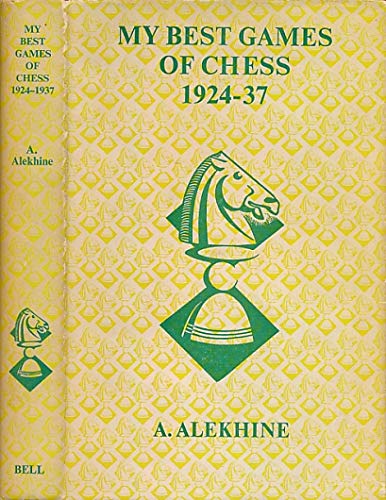
My Best Games of Chess 1908–1923
1939
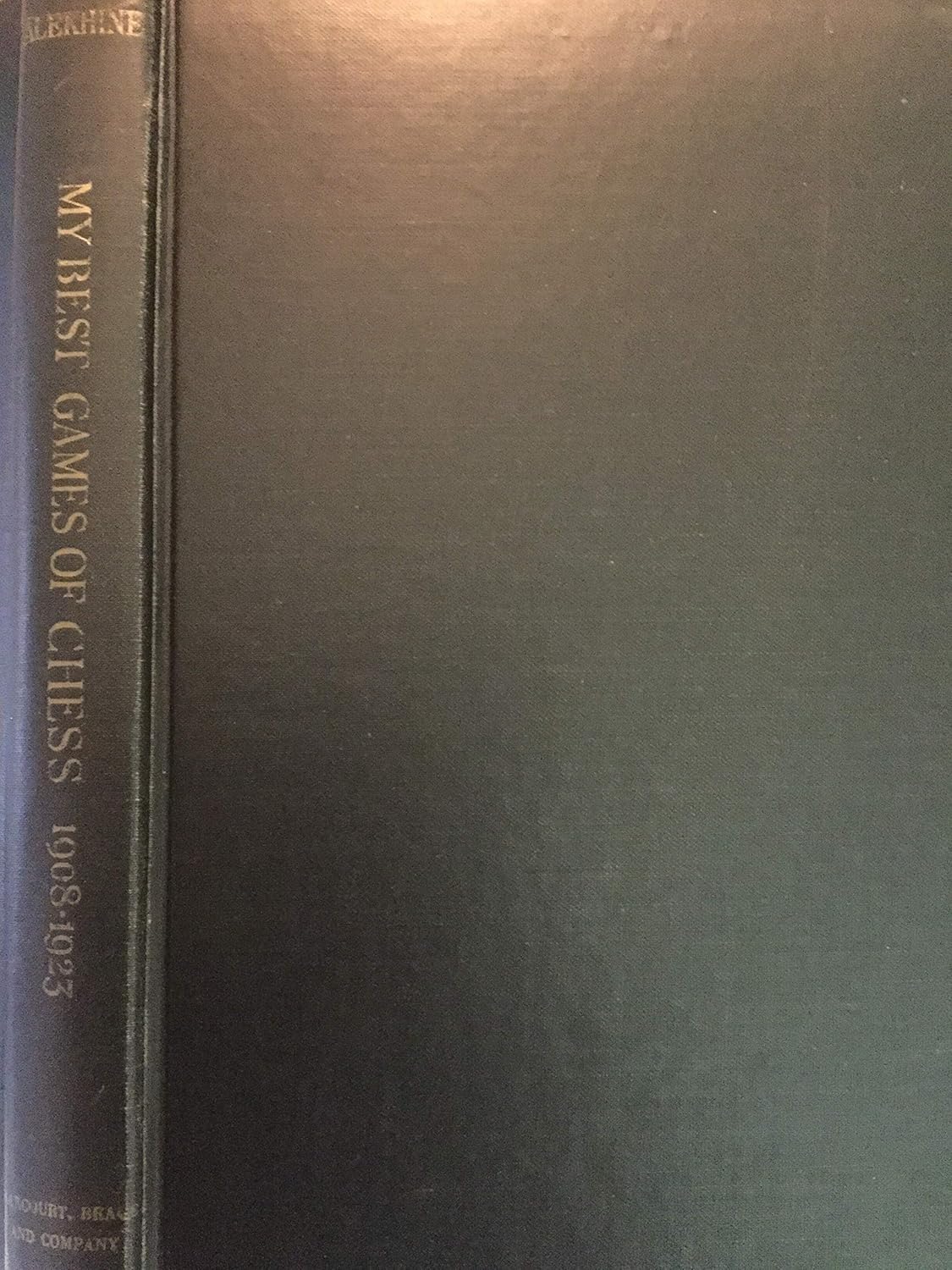
My Best Games of Chess 1924–1937
1940
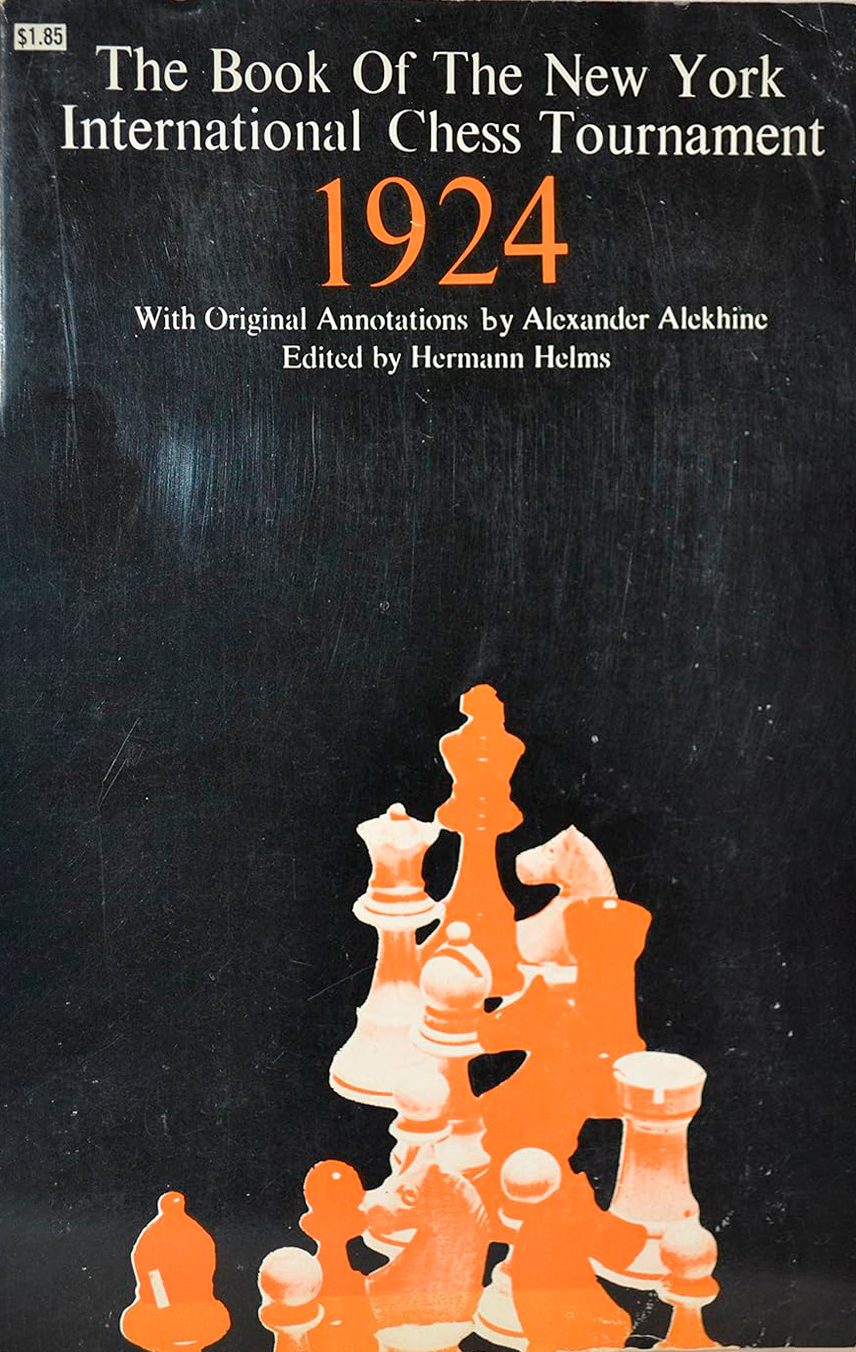
The Book of the New York International Chess Tournament 1924
1984

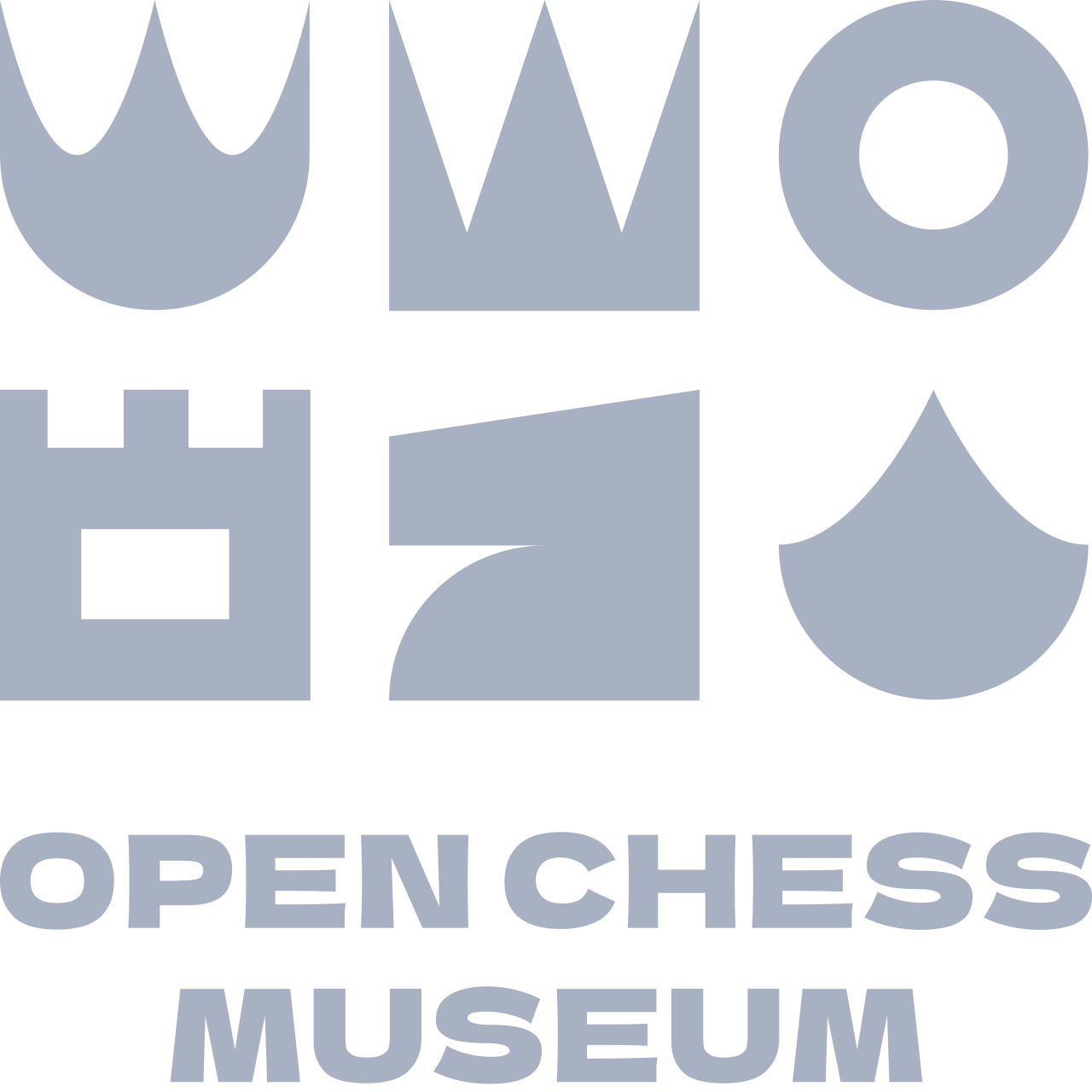

.png)
